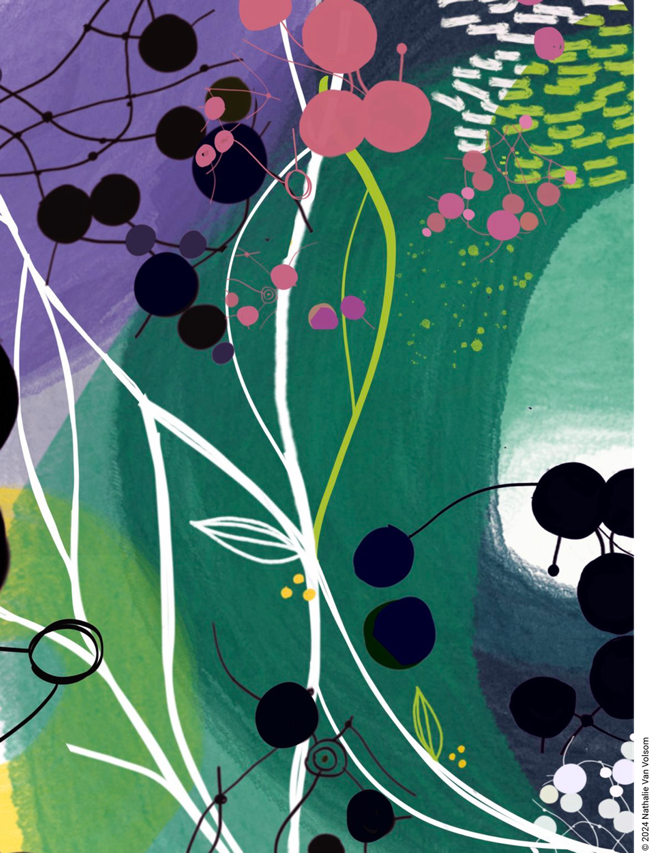Writing from a Relational Systems Thinking Standpoint
A Commentary
DOI:
https://doi.org/10.47061/jasc.v4i1.8121Keywords:
Indigenous, Relational, spiritualityAbstract
Dr. Melanie Goodchild (Anishinaabe, moose clan) shares story about the complexities of academic writings that engage with Indigenous ancestral wisdom traditions and thinking patterns. The commentary offers considerations for co-authoring papers and citing Indigenous authors from a place of deep engagement and relationship. This is a humble offering on how to write from a Relational Systems Thinking (Goodchild, 2021) standpoint.
References
Bishop, M. (2021). Don’t tell me what to do’ encountering colonialism in the academy and pushing back with Indigenous authoethnography. International Journal of Qualitative Studies in Education, 35(5), 367–378. https://doi.org/10.1080/09518398.2020.1761475
Goodchild, M. (2021). Relational Systems Thinking: That’s How Change is Going to Come, From Our Earth Mother. Journal of Awareness-Based Systems Change, 1(1), 75–103. https://doi.org/10.47061/jabsc.v1i1.577
Goodchild, M. (2022): Duck shit tea, Yarning & the magical space in between things [Blog].Wolf Willow Institute. https://static1.squarespace.com/static/5edef2eb3032af28b09b8cc3/t/636c6d31450b0f0bc4b9aaeb/1668050232743/DuckShitTea_22-11-09_vf.pdf
Goodchild, M. (2022, April 3). Radio Kingston with guest Melanie Goodchild [Radio broadcast]. First Voices Radio. https://radiokingston.org/en/broadcast/first-voices-radio/episodes/with-guest-melanie-goodchild
Kovach, M. (2010). Conversational Method in Indigenous Research. First Peoples Child & Family Review, 5(1), 40-48.
Richardson, L. (2000). Writing: a Method of Inquiry. In Denzin, Norman K. & Lincoln, Yvonna S., (Eds), Handbook of Qualitative Research (2nd Ed.) (pp. 923–948). Sage Publications.
Udoewa, V., & Gress, S. (2023). Relational Design. Journal of Awareness-Based Systems Change, 3(1), 101–128. https://doi.org/10.47061/jasc.v3i1.5193
Whitinui, P. (2013). Indigenous Autoethnography: Exploring, Engaging, and Experiencing “Self” as a Native Method of Inquiry. Journal of Contemporary Ethnography, 43(4), 456–487. https://doi.org/10.1177/0891241613508148
Wilson, S. (2008). Research is Ceremony: Indigenous research methods. Fernwood Publishing
Yunkaporta, T. (2019). Sand talk: How Indigenous thinking can save the world. HarperOne.
Yunkapporta, T. (2023). Right story, wrong story: Adventures in Indigenous thinking. Text Publishing Company
Downloads
Published
How to Cite
Issue
Section
License
Copyright (c) 2024 Melanie Goodchild

This work is licensed under a Creative Commons Attribution 4.0 International License.


